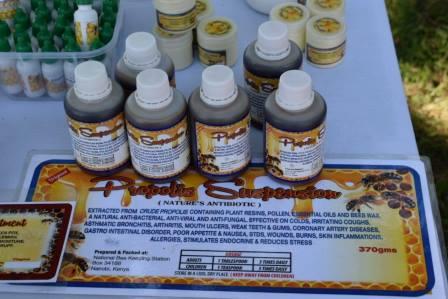As handwashing gets fully adopted by many people, however, hand drying is often disregarded and at most handwashing points, such as supermarkets and other public places, there are no paper towels provided yet wet hands spread more viruses than unwashed ones.
A Biomedical Scientists at Egerton University Clarence Maikuri Mang’era, has urged the government to ensure that those who provide handwashing points must also ensure that there are paper towels because the omission was making the process of hand washing ineffective.
Mang’era said hand drying not only removes moisture from the hands but it also involves increased friction between the drying hand and the paper towel, which further reduces the viral load by dislodging viral particles from the skin surface and transferring them onto the paper towel.
He emphasised that disposable paper towels were the most hygienic method of hand drying compared to warm air and jet air dryers, and discouraged their usage since they increase the dispersion of viral particles into the air, which he said end up contaminating the immediate environment.
The university don said: “the quantity of virus and other microorganisms translocated from hands to other surfaces, were higher due to the residual moisture after hand washing, hence, the importance of drying hands cannot and should not be ignored nor separated since it’s the entire process of washing and drying that makes it effective against the coronavirus.’’
Mang’era added that the proper drying of hands after washing with soap and water was essential in reducing contact-associated contamination especially in public places such as using supermarkets trolleys’ and touching or picking things from the shelves. He was speaking to kna during an interview at Egerton University.
Contacted, one of the supermarket managers in Nakuru town, who requested anonymity, said providing paper towels was too much to ask from struggling businesses, and he advised shoppers to carry their own towels.
At many handwashing points in the town Kna observed that majority of the people either dried their hands with handkerchiefs or rubbed the wet hands on their clothes.
However, Mang’era said using handkerchiefs was the worst act anybody can do because they hold and spread germs, neither was it advisable to rub wet hands on the side of clothes since the Coronavirus has been proven to stay on clothes for as long as six hours.
A chef at one of the local hotels, George Daudi said drying hands by rubbing on clothes was a reflex action but while training they are discouraged from doing that. He added that in many big hotels that act was enough to earn one a dismisal letter.
By Veronica Bosibori
Don tips On Handwashing




